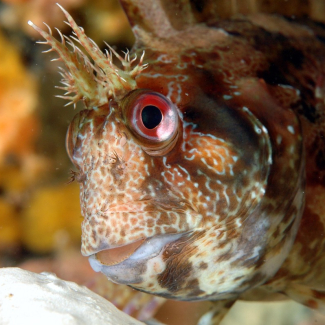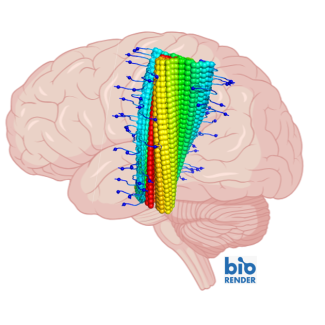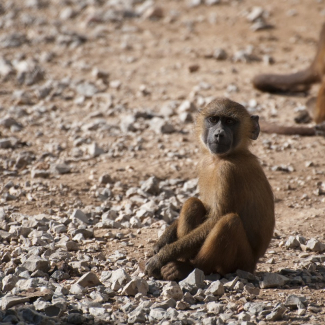
Plants borrowed genes from bacteria in order to conquer land
Aquatic plants ventured onto dry land for the first time 450 million years ago, enabling the development of life as we know it today. The ancestor of land plants had to innovate in order to contend with these new constraints, for instance by equipping itself with a protective layer against solar radiation and drought. It also had to associate with fungi in order to better retain nutrients in the inhospitable soil.
For a number of years, scientists have considered a group of algae, the Zygnematophyceae, as the common ancestor of land plants. Their comparative study has provided a firmer grasp of what the ancestor of land plants had to “invent” in order to adapt to its new environment: everything that land plants possess today but that Zygnematophyceae does not is probably among these innovations. To better understand this group of algae, its first two genomes were recently sequenced and analysed by an international collaboration including two researchers from the Laboratoire de recherche en sciences végétales (CNRS/Université Toulouse III-Paul Sabatier). The analyses conducted in this laboratory demonstrated that many of the genes involved in the association with fungi are absent from Zygnematophyceae, and therefore specifically appeared in the ancestor of today’s land plants. Even more surprisingly, the global analysis of the genome identified genes that came from bacteria. This “horizontal” gene transfer—known for its key role in the development of plants and their capacity to respond to stress—is a fine illustration of how numerous processes in the evolution of genomes enabled major innovations for the diversification of life on Earth. Their results were published in the journal Cell on 14 November 2019.
Genomes of subaerial Zygnematophyceae provide insights into land plant evolution. Shifeng Cheng, Wenfei Xian, Yuan Fu, Birger Marin, Jean Keller, Tian Wu, Wenjing Sun, Xiuli Li, Yan Xu, Yu Zhang, Sebastian Wittek, Tanja Reder, Gerd Günther, Andrey Gontcharov, Sibo Wang, Linzhou Li, Xin Liu, Jian Wang, Huanming Yang, Xun Xu, Pierre-Marc Delaux, Barbara Melkonian, Gane Ka-Shu Wong et Michael Melkonian. Cell, November 14, 2019. DOI: 10.1016/j.cell.2019.10.019

